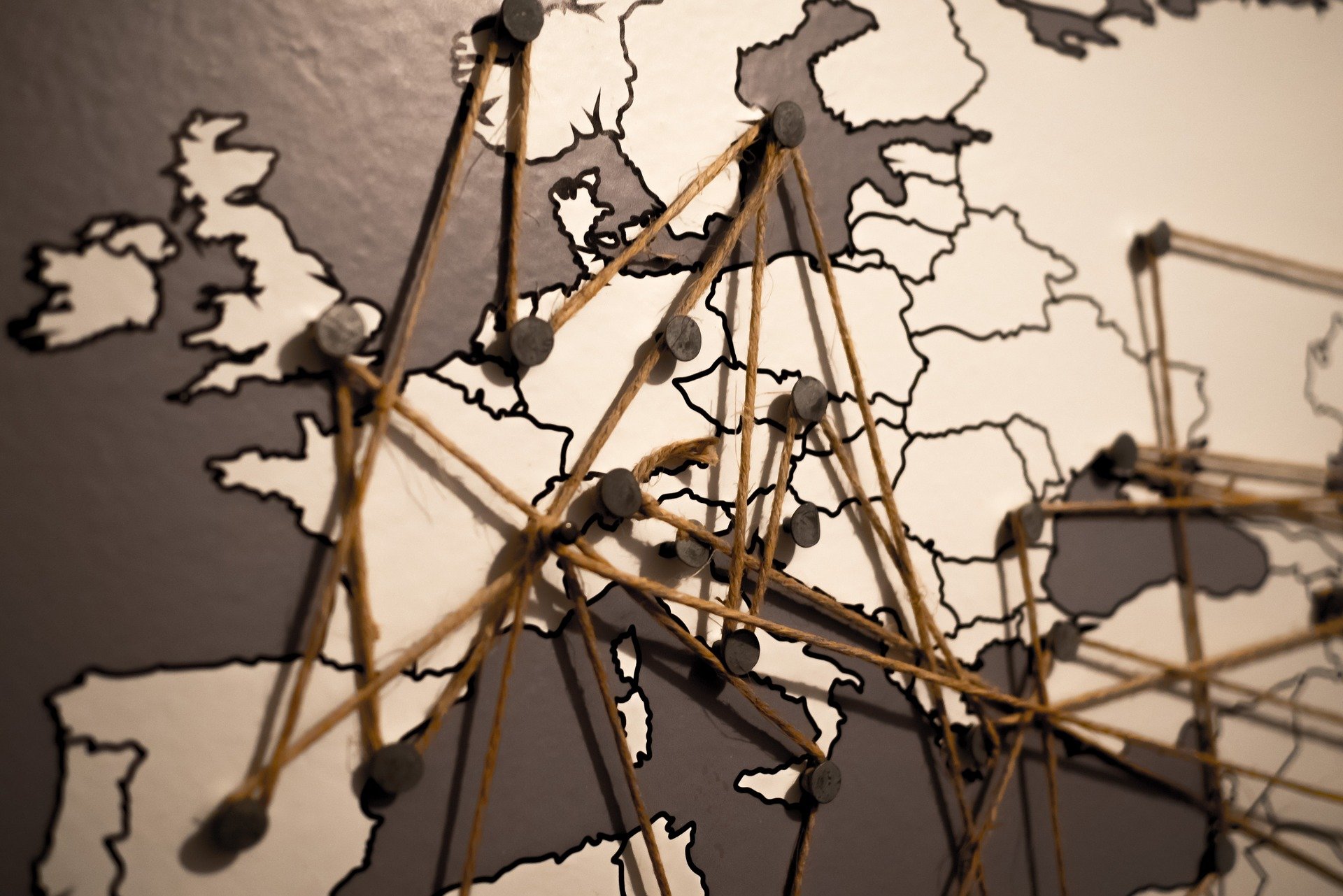Patrick Bijsmans (Maastricht University)
If there is one thing that has become clear during the long years of Brexit negotiations between the EU and the UK, it is that the EU27 – despite their differences – were able to act in a united way when it came to negotiating with a soon-to-be third country. Highlighting the perks of membership has played a role in this. In her 2019 JCMS Annual Review lecture, Brigid Laffan also argued that one of the EU’s strategic goals in this process was “to affirm the Union’s dominance in governing transnational relations in Europe.”
Yet, the two sides continue to haggle about their divorce. While the EU-UK Trade and Cooperation Agreement came into force on 1 May 2021, the ongoing discussions about the status of Northern Ireland show that Brexit by no means is a done deal. The divorce came with an agreement to maintain an open border between Ireland and Northern Ireland to uphold the 1998 Good Friday Agreement. Yet, the UK already wants to alter this Protocol as it comes with checks on British goods entering Northern Ireland, effectively creating a border within the UK. In the context of the recent G7 summit, UK Brexit negotiator David Frost even attended a meeting wearing Union Jack socks in a not-so-subtle message for the EU.
Whereas the Europeans continue to take a tough negotiating stance affirming their trust in rule-based international relations, the British approach to Northern Ireland might tempt others into trying to get out of existing agreements. If it is so (relatively) easy to undermine an agreement with the EU, wouldn’t other non-EU European countries be willing to do so too? Two recent developments are worth discussing in this context.
First, in late May Switzerland pulled out of negotiations on a detailed partnership agreement with the EU. EU-Swiss relationships have never been straightforward, as illustrated by a range of referendums that had a (potential) impact on dealings between the two. For instance, only in September last year the Swiss rejected a proposal on ending the free movement agreement with the EU in a referendum that “echoed the Brexit vote”, according to The Guardian.
The partnership agreements, negotiations on which have been going in since 2014, were partly an attempt to reduce uncertainty by means of an encompassing agreement that would replace the many existing bilateral agreements. Like in the case of Brexit, here too the debate revolves around the Swiss wanting exemptions from rules that the EU wants to uphold. Foreign Policy columnist Caroline de Gruyter has even called Switzerland the “next big problem” for the EU.
A second example relates to reports that Norwegian opposition parties may want to renegotiate the European Economic Area (EEA) agreement should they get into government. Like Switzerland, Norway may not be an EU member, but it is closely tight to the EU through an intricate web of rules. While the Norwegians voted against EU membership on two occasions in 1972 and 1994, the current situation has been less controversial.
While agriculture and fisheries remain divisive issues, relations with the EU overall remain quite well. Indeed, reflecting on potential similarities with Brexit, John Erik Fossum and Joachim Vigrestad argue that it is unlikely that Norwegian politicians would want to jeopardise relations with the EU. In their view, “the sheer size and magnitude of the EU–Norway power asymmetry” is acknowledged and shapes the Norwegian debate.
Relations between the EU and Norway might be said to differ from those with Switzerland by being more firmly established through the EEA. Yet, recent debates in both countries show that relations with the EU are not uncontested. Brexit may even have put a new spotlight on these debates. Yet, the question is how committed critics are to really change relations with the EU, especially given the economic benefits they have been enjoying so far.
In any case, it is likely that they will encounter an EU that is committed to a united and robust negotiating stance. There is a continued need to reaffirm the value of full membership vis-à-vis ties with the EU as a third country. And while the continuing Brexit saga may heighten hopes in some countries that a new relationship with the EU is possible, it is also likely to reaffirm the EU’s commitment to rule-based relations.
Patrick Bijsmans is Associate Professor in Teaching and Learning European Studies at Maastricht University.
The views expressed in this blog reflect the position of the author and not necessarily that of the Brexit Institute Blog.



